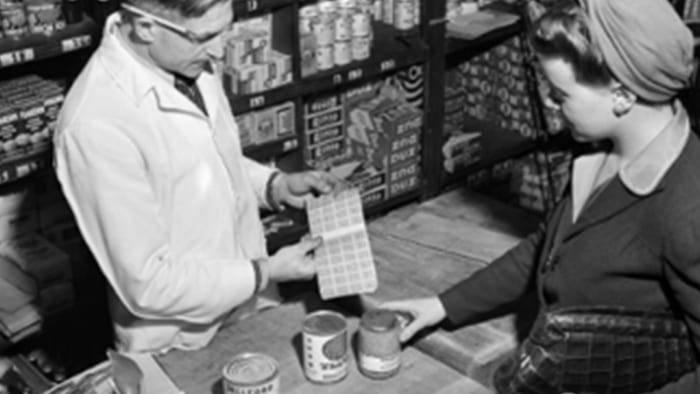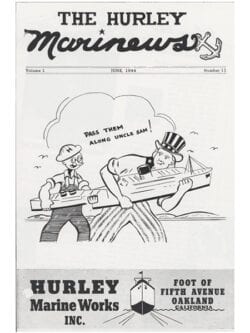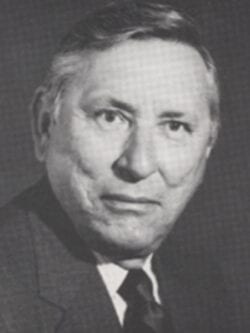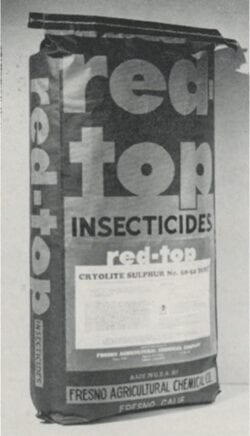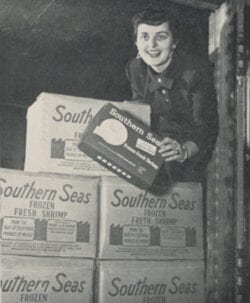After the war ended, demand for goods skyrocketed in Asia, particularly in the Philippines, Japan and China. Connell resumed trading, primarily in the commodities it handled before the war. But soon Connell expanded to fill the need for machinery, construction materials, electrical equipment, agricultural equipment, and more.
Additional offices in Asia opened. An office in Bombay, India, opened in 1946 to provide chemicals and fertilizers in the region. Connell opened a New York office the same year to find new sources of goods to export and maintain closer relationships with customers. In Japan, representatives of Wilbur-Ellis had been in the country since 1947, and we were among the first foreign-based companies to reestablish trade with Japan after the war. The company opened an office there in 1950 – a presence that continues today.
During the post-war years, Connell would supply some of the leading American, and later German and Japanese, manufacturers with a wide range of products, including chemicals, pharmaceuticals, paint, industrial machinery, even zippers, as Hong Kong was a hub of clothing manufacturing.
In Central America, the company traded fish liver oils, fishery products, and vitamin oils. In the U.S., from fish oil and canned fish to a myriad of other trading activities on the West Coast, business was recovering. Trade in shark liver oil in the Northwest was very successful, with the oil being sold to companies like Upjohn as a vitamin supplement.
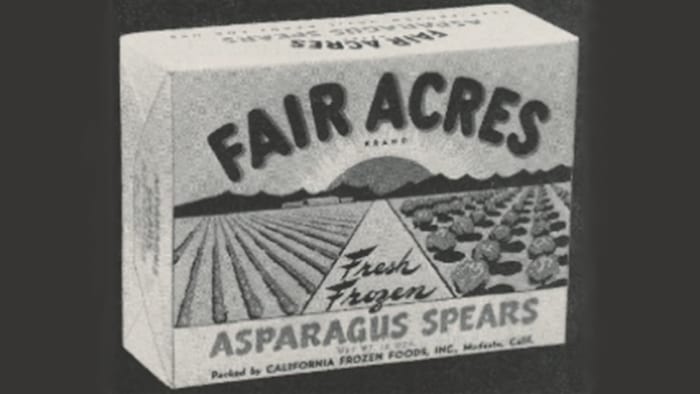
But fish meal dominated the company, with its use as a specialty fertilizer, as well as a valuable protein supplement for poultry and swine feeds. After the fish were depleted on the U.S. West Coast, Brayton Wilbur Sr. bought equipment from Cannery Row in the San Francisco Bay Area and shipped it to South Africa, Peru and Chile, supporting the fishing industries there.
